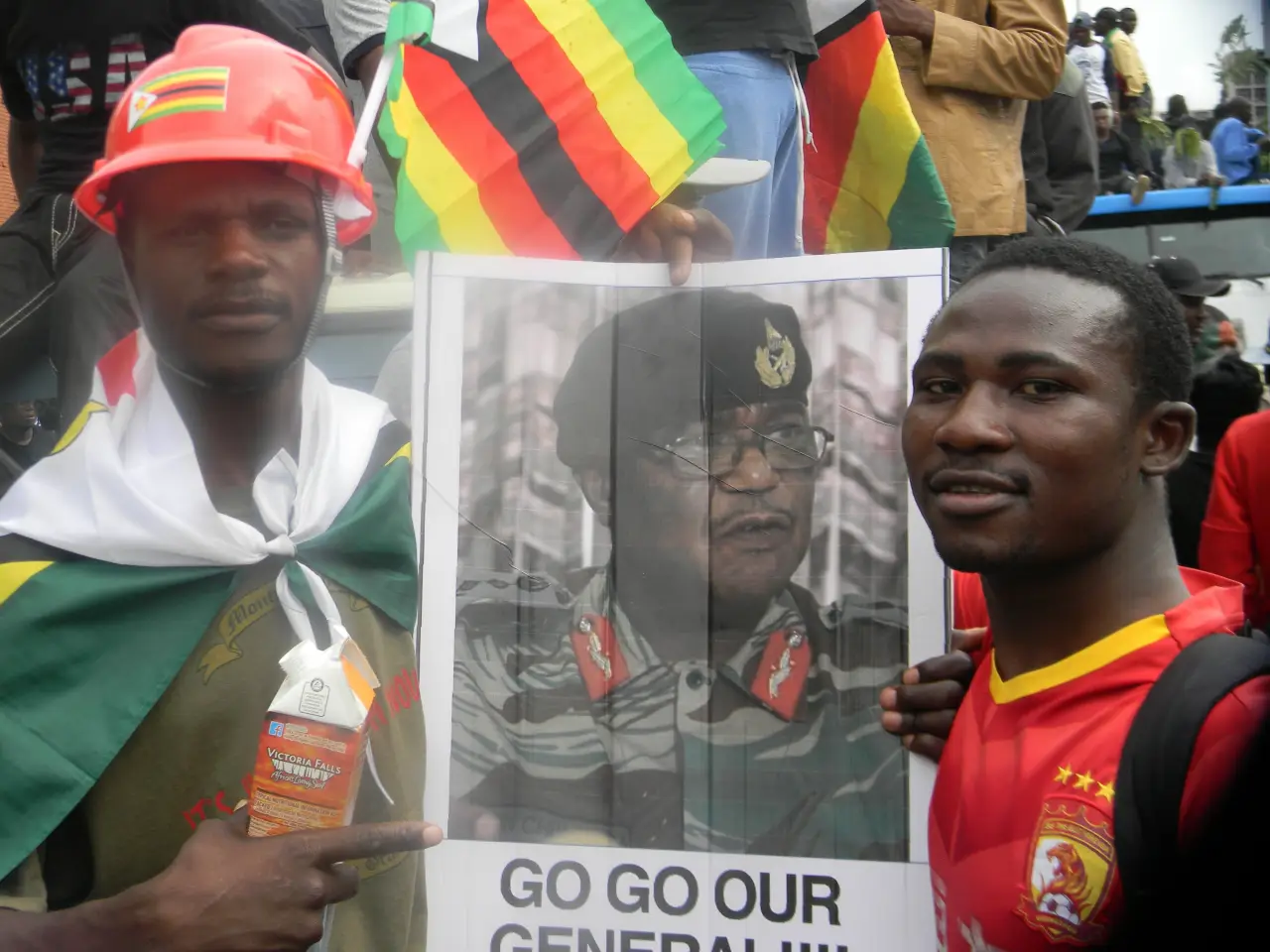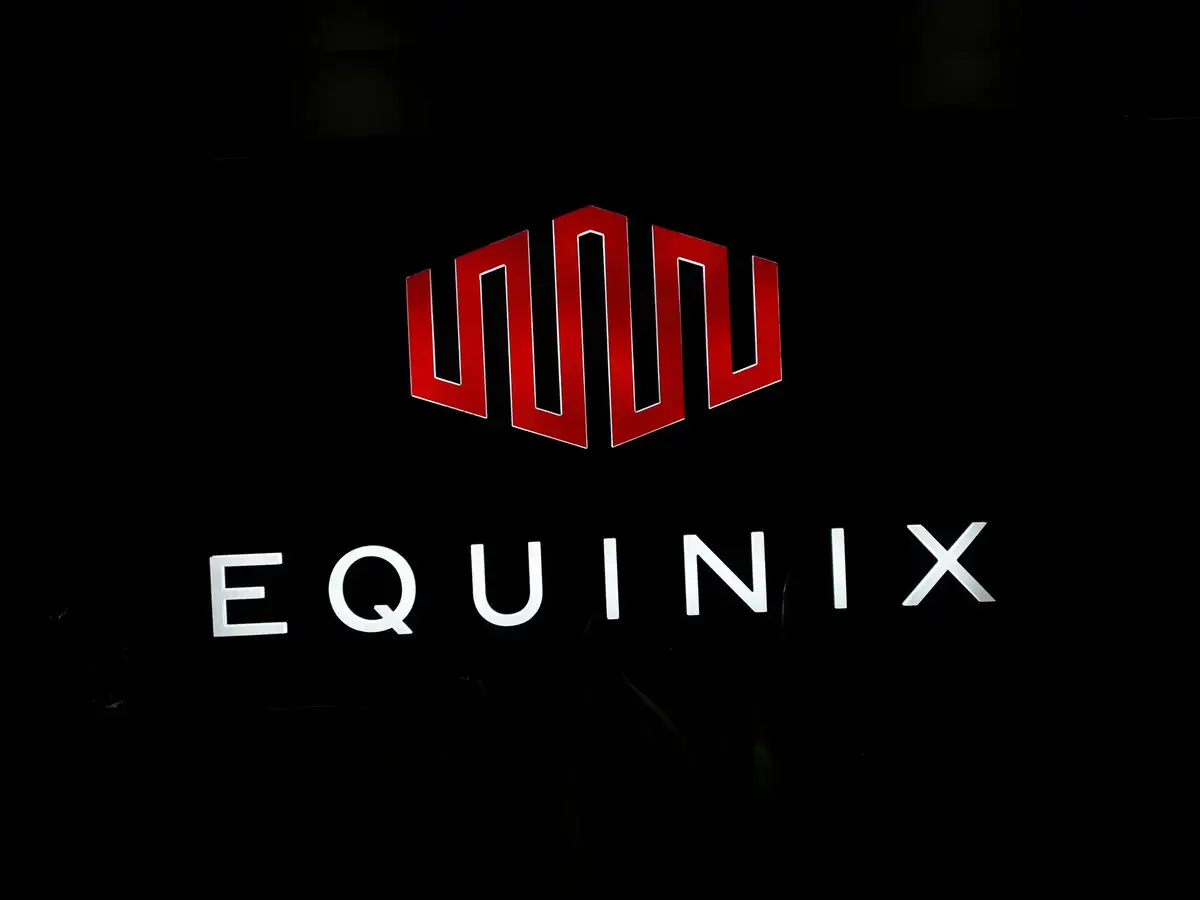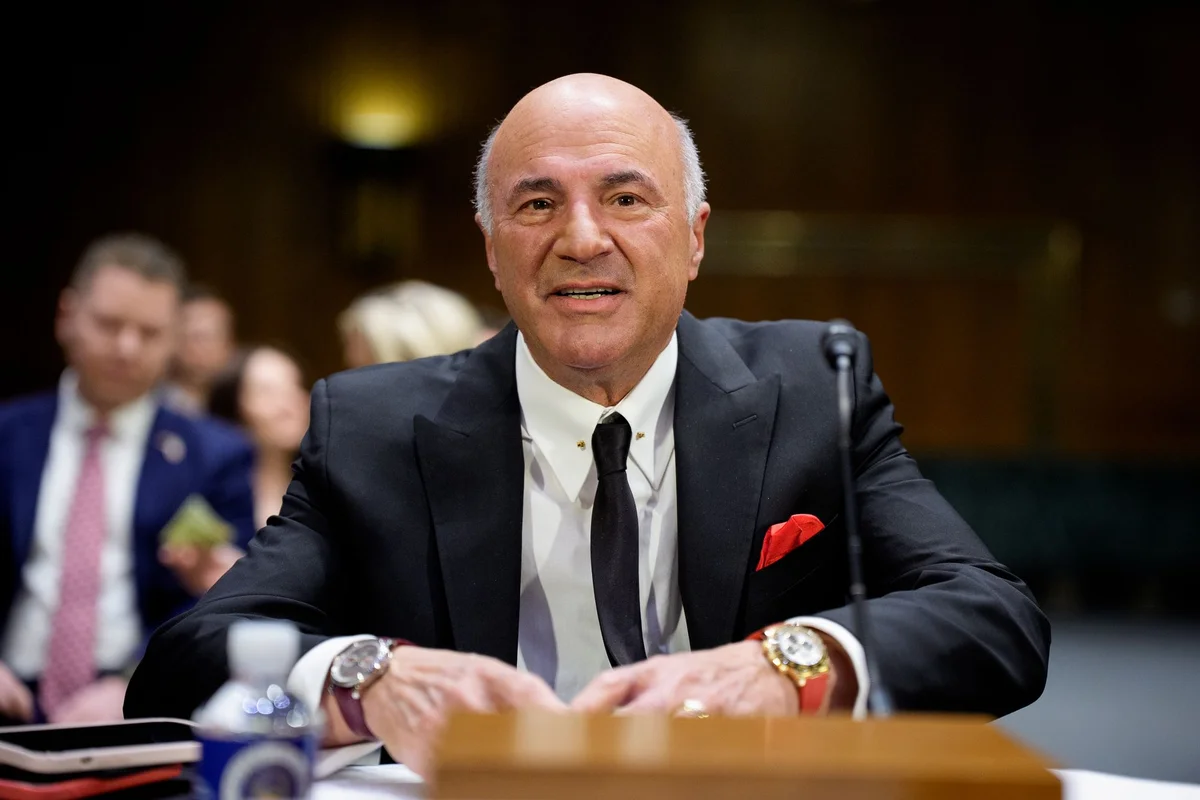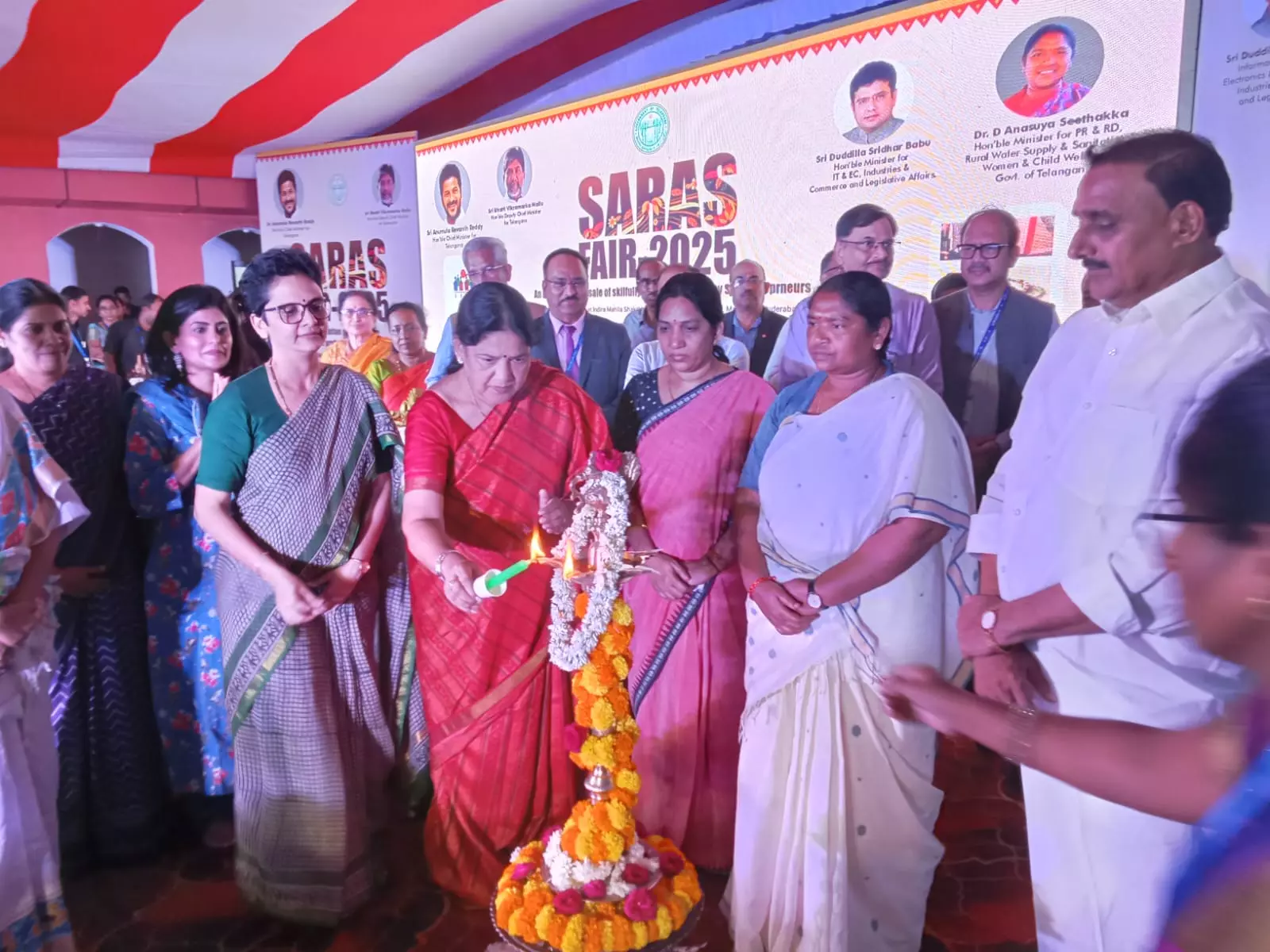Shadow shares and the theft of trust — If Chiwenga is right, Zimbabwe faces a constitutional and civic emergency
By Dr Sibangilizwe Moyo
Copyright nehandaradio

Vice President Constantino Chiwenga’s reported intervention at last week’s stormy politburo meeting — that ZANU-PF secretly holds a 45 per cent stake in Sakunda Holdings and that at least US$3.2 billion was channelled through that arrangement to private ends — is a public event of extraordinary consequence.
Multiple independent local outlets have reported the claims, which Chiwenga is said to have tabled in a dossier that stunned the meeting. These remain allegations at present and demand urgent, independent verification.
Whether true or false, the episode lays bare a lethal pattern that corrodes democracies: opacity in party financing, blurred lines between party, state and private business, and procurement systems hijacked to entrench patronage.
Let us examine the ills, the legal architecture that is implicated, the political calculation beneath the surface, and what a properly functioning democracy would do instead.
The constitutional and legal fault-lines
Zimbabwe’s Constitution sets out basic values for public administration — efficiency, honesty, transparency and the obligation to “take measures to expose, combat and eradicate corruption and abuse of power.”
That is the bedrock: Section 194 articulates the basic values and principles that must govern public administration. Section 315 goes further; it requires procurement and governmental contracting to be effected “in a manner that is transparent, fair, honest, cost-effective and competitive.”
In plain language, public money and public contracting are meant to be insulated from private capture.
If a ruling party secretly owns a near-majority stake in a private group that then wins government contracts, and if dividends or payments from that vehicle are diverted to private networks rather than to public or party-membership purposes subject to internal democratic accounting, we move from a legality problem to a constitutional one.
The implications range from procurement irregularities under the Public Procurement and Disposal of Public Assets Act to potential criminal offences if funds were misappropriated.
Zimbabwe’s PPDPA and the Procurement Regulatory Authority exist precisely to prevent such capture; their authority must now be tested.
The politics behind the revelation
Political life in ZANU-PF has long been shaped by intra-elite networks and succession rivalries. This disclosure — whether tactical or sincere — lands amid a fraught contest over who will lead the party when the parliamentary and party calendar turns.
That it was aired at a politburo meeting is itself instructive: the argument is as much about control of patronage-streams as it is about principle.
If the battle is about who controls the spoils, the stakes for the nation are enormous: when private accumulation depends on access to public contracts, policy is subordinated to enrichment. (Coverage of the politburo clash and the broader succession dispute has been reported in multiple outlets.)
Why this matters in a democracy
In functional democracies the following are non-negotiable:
Transparency of beneficial ownership. Citizens must know who ultimately benefits from companies that win state business. Party ownership must be declared and regulated. Without such disclosure, procurement becomes a cover for rent extraction.
Clear conflict-of-interest rules. Office-holders, and parties that influence the state, must be prevented from profiting from public contracts. Many jurisdictions explicitly forbid government contractors from making political contributions or otherwise buying influence.
The United States, for example, has long prohibited federal government contractors from making contributions in connection with federal elections.
That ban exists to prevent “pay-to-play” dynamics and to protect the integrity of procurement. Comparable norms — and in some countries explicit prohibitions — exist elsewhere in the world.
Independent investigation and accountability
Allegations of siphoning billions demand forensic audits, prosecutorial independence and an empowered anti-corruption agency able to follow the money across borders.
The empirical shadow: Tagwirei, sanctions and prior red flags
The name most often associated with the allegations, Kudakwashe Tagwirei, is not a stranger to public scrutiny. Investigations by international watchdogs and previous sanctions show that questions about his closeness to state power and dealings have been persistent.
Investigative reporting and external measures — including past US government actions — provide context that makes the present allegations plausible and especially dangerous if left unexamined.
But plausibility is not proof; only transparent forensics and due process can resolve the truth.
Legal remedies and democratic safeguards that must follow
Immediate, independent forensic audit — commissioned by Parliament or an independent judicial authority, not by the party. The audit should be public and should trace funds, shareholdings and decision-making tapestries across domestic and offshore entities.
Prompt engagement of anti-corruption institutions — the Zimbabwe Anti-Corruption Commission must be empowered and allowed to investigate without political interference; where evidence crosses borders, mutual legal assistance should be used. Civil society and the press should be protected to support public scrutiny.
Parliamentary oversight and, where necessary, criminal referral — allegations of diversion of state-linked funds are matters for criminal law if established. Public procurement irregularities should trigger reviews of specific contracts and, where appropriate, suspension of contracts pending investigation.
Legal reforms — require disclosure of party-owned assets, bar party-owned entities and major donors from directly bidding for public works, and legislate clear prohibitions on government contractors financing political parties or influential figures, modelled on international best practice. Many democracies explicitly restrict contributions by contractors to avoid the appearance of corruption.
A test of institutions and of civic courage
This is a moment that will reveal whether Zimbabwe’s constitutional guarantees are substantive or rhetorical. If institutions — courts, anti-corruption bodies, Parliament and regulators — are allowed to operate freely, the dossier Chiwenga reportedly produced can be the basis for cleansing and reform.
If it is treated as a factional sword to be sheathed once the factional fight is resolved, corruption will have won again.
Citizens and civil society must insist that the truth be established in public. Political parties are not private commercial actors: when they stand to gain from state business, the public interest is directly compromised.
That is why constitutions and procurement laws exist — to keep governance honest.
Allegation or confession, the complaint is an invitation to clarity. Zimbabwe cannot both promise transparency in its supreme law and tolerate shadowy financial architectures that make public money indistinguishable from private wealth.
The appropriate democratic response is not revenge or factional retaliation; it is the cold machinery of transparent inquiry, due process, and institutional reform.
If the claims are true, those responsible must be held to account; if they are false, those who made them must be shown to be wrong by transparent process, not partisan spin.
Either way, the nation’s duty is the same: to protect the public purse, renew public trust, and ensure that the country’s laws — and the spirit behind them — are given life.
Dr Sibangilizwe Moyo writes on Church and Governance, politics, legal and social issues. He can be reached at [email protected]



